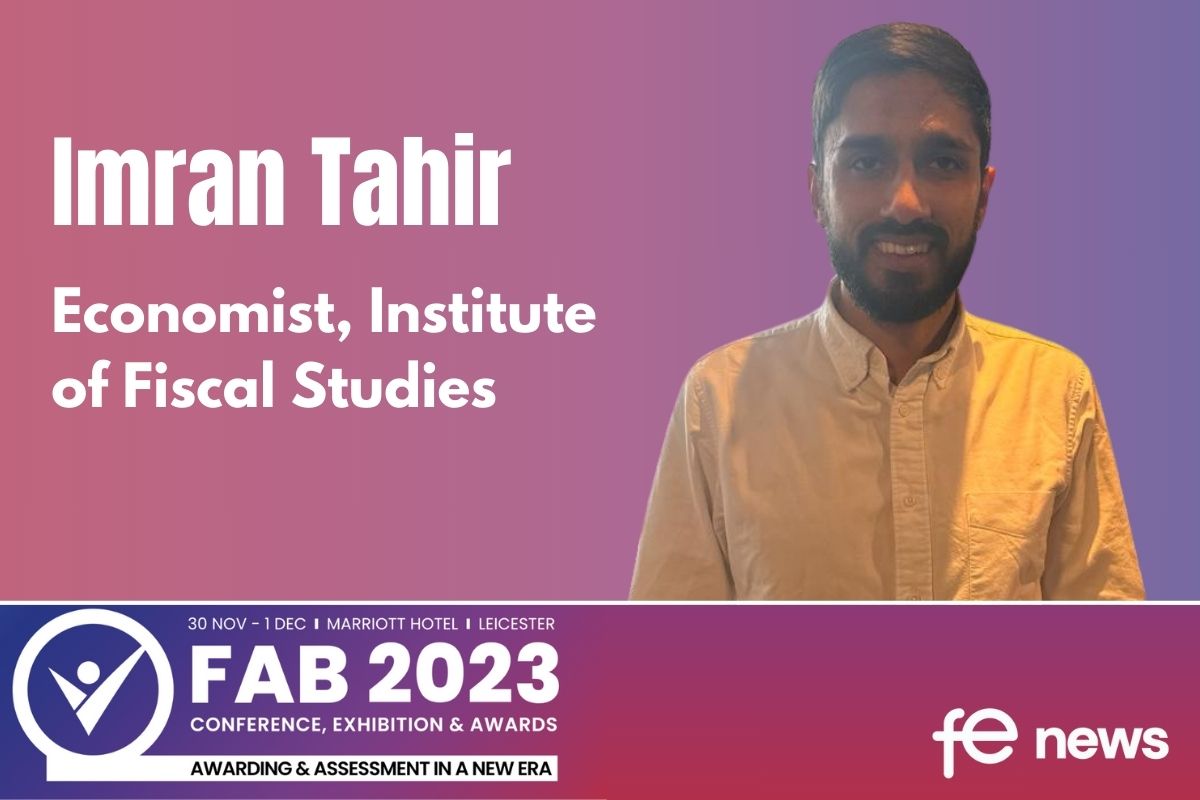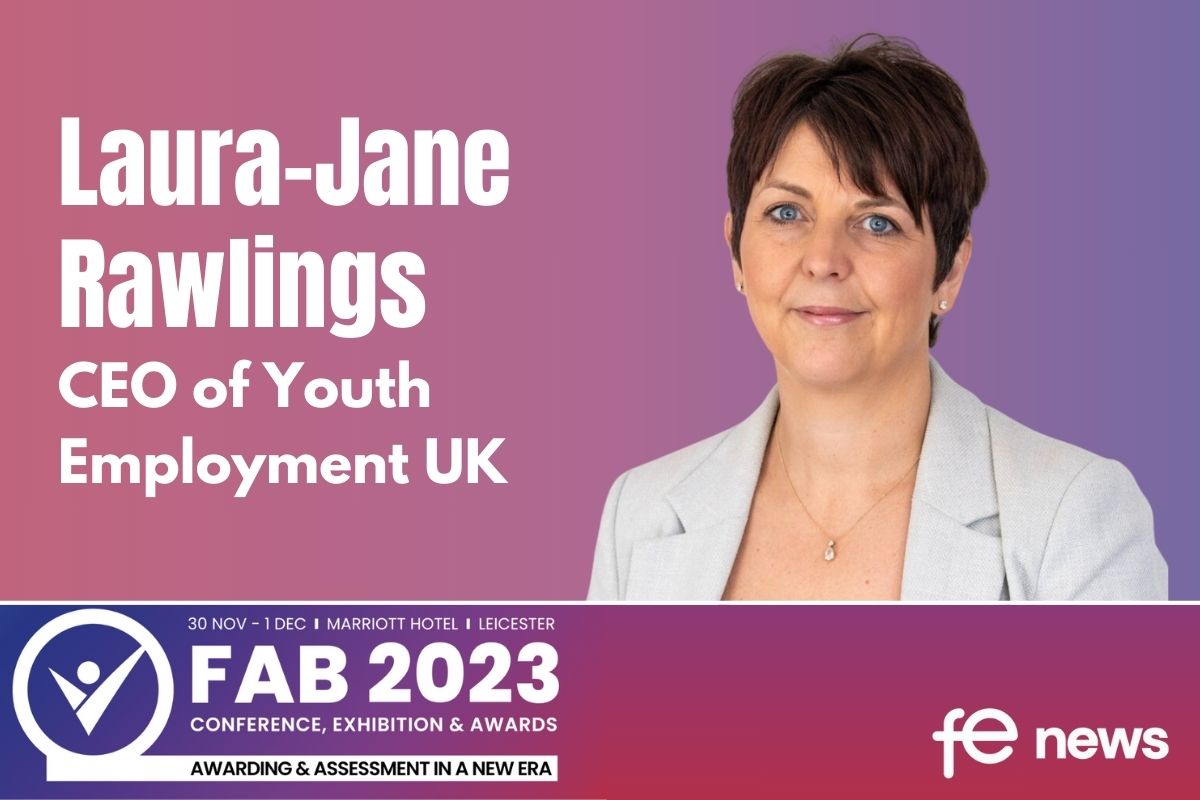International graduates in any subject, including #STEM, will be able to stay in the UK for two years to find work – Attracting and Retaining the Brightest and Best #Talent

Plans for new immigration route revealed to enable international students to work in the UK for two-years post-graduation, aimed at attracting and retaining the brightest and best talent.
Prime Minister Boris Johnson has unveiled plans to transform how talented international students are able build successful careers in the UK through a new immigration route, as a new ground-breaking project in the fight against life-threatening illnesses launches.
International students make up half of all full-time post-graduate students in Science, Technology, Engineering and Maths (STEM) subjects. The new immigration route announced today (11 September 2019) will mean international graduates in any subject, including STEM, will be able to stay in the UK for two years to find work.
Students will need to have successfully completed a degree from a trusted UK university or higher education provider which has a proven track record in upholding immigration checks and other rules on studying in the UK.
This will build on government action to help recruit and retain the best and brightest global talent, but also open up opportunities for future breakthroughs in science, technology and research and other world-leading work that international talent brings to the UK.
One example of pioneering research and international collaboration in the UK is the world’s largest genetics project, the £200 million whole genome sequencing project of all volunteers in the UK Biobank, launching today.
The new project aims to improve the prevention, diagnosis and treatment of a wide range of serious and life-threatening illnesses including cancer, heart diseases, diabetes, arthritis and dementia, through genetic research that can explain why some people develop these conditions and others do not. The partnership of pharmaceutical firms and health experts from the UK and abroad will examine and sequence the genetic code of 500,000 volunteers at the UK Biobank.
This sits alongside the work by Genomics England in partnership with NHS England on the 100,000 Genomes Project, which has seen around 25% of patients with rare diseases receive a diagnosis for the first time, and for some conditions a diagnosis rate as high as 60%.
Prime Minister Boris Johnson said:
Britain has a proud history of putting itself at the heart of international collaboration and discovery. Over sixty years ago, we saw the discovery of DNA in Cambridge by a team of international researchers and today we are going even further. Now we are bringing together experts from around the globe to work in the UK on the world’s largest genetics research project, set to help us better treat life-threatening illnesses and ultimately save lives.
Breakthroughs of this kind wouldn’t be possible without being open to the brightest and the best from across the globe to study and work in the UK. That’s why we’re unveiling a new route for international students to unlock their potential and start their careers in the UK.
Business Secretary Andrea Leadsom said:
Today’s funding will support one of the world’s most ambitious gene sequencing programmes ever undertaken, reflecting the UK’s determination to remain at the forefront of scientific endeavour and progress.
Its results could transform the field of genetic repeated research – unlocking the causes of some of the most terrible diseases and how we can best tackle them. It will be a major step forward for individually tailored treatment plans, and will help us better understand why some people get certain diseases while others don’t.
Home Secretary Priti Patel said:
The new Graduate Route will mean talented international students, whether in science and maths or technology and engineering, can study in the UK and then gain valuable work experience as they go on to build successful careers.
It demonstrates our global outlook and will ensure that we continue to attract the best and brightest.
Education Secretary Gavin Williamson said:
It is a testament to our world-leading universities that so many students from abroad want to study here. The important contribution international students make to our country and universities is both cultural and economic. Their presence benefits Britain, which is why we’ve increased the period of time these students can remain in the UK after their studies.
Our universities thrive on being open global institutions. Introducing the graduate route ensures our prestigious higher education sector will continue to attract the best talent from around the world to global Britain.
Health and Social Care Secretary Matt Hancock said:
I am incredibly excited by the potential of genomics to change the way we think about disease and healthcare. In an ageing society with an increasing burden of chronic diseases, it is vital that we diagnose earlier, personalise treatment and where possible prevent diseases from occurring altogether.
This project will help unlock new treatments and grow our understanding of how genetics effects our risk of disease. It is one part of our world leading set of genomics programmes, including the NHS’ Genomics Medicine Service and the Accelerated Detection of Disease challenge, and shows that the UK is the go-to destination for genomics research and development.
Alistair Jarvis, Chief Executive of Universities UK:
This is very positive news. Evidence shows that international students bring significant positive social outcomes to the UK as well as £26 billion in economic contributions, but for too long the lack of post-study work opportunities in the UK has put us at a competitive disadvantage in attracting those students.
The introduction of a two-year post-study work visa is something Universities UK has long campaigned for and we strongly welcome this policy change, which will put us back where we belong as a first choice study destination. Not only will a wide range of employers now have access to talented graduates from around the world, these students hold lifelong links in the UK.
Prof Sir John Bell, HMG’s Life Sciences Champion, said:
This genome sequencing project will provide exciting new insights into the causes of many major diseases. It builds on 70 years of pioneering work in genetics research and exemplifies the creation of a whole new sector in Life Sciences that the UK Life Sciences Industrial Strategy has been developing. We do not know what the project will uncover but it is certain to be both novel and informative.
Sir Mark Walport, Chief Executive of UK Research and Innovation said:
As one of the half million participants in UK BioBank, I’m very excited by the potential of the Whole Genome Sequencing Project, which will sequence the genetic code of everyone in UK BioBank to help develop novel and personalised forms of healthcare.
UK BioBank is globally unique in the depth and quality of the information that it contains about so many people in health and disease. Adding whole genome sequencing data to this will provide major opportunities to improve how we prevent, diagnose and treat the chronic conditions that afflict so many of us as we live longer lives.
John Lepore, Senior Vice President, Research at GlaxoSmithKline (GSK) said:
This historic whole genome sequencing effort is a welcome asset for researchers and testament to the volunteers who believe in the power of data to advance science.
Genetically validated drug candidates are twice as likely to become registered novel medicines, and efforts like this bring us closer to developing transformational medicines that can significantly improve patient health and change lives.
Mene Pangalos, Executive Vice President, BioPharmaceuticals R&D, AstraZeneca, commented:
Whole genome sequencing on this scale is unprecedented, and through this collaboration we hope to unlock the potential of genomics to evolve our understanding of complex diseases such as cancer, heart disease and chronic kidney disease.
These new insights will guide our drug discovery programme and will help us bring innovative new precision medicines to patients who need them most urgently.
Richard Tillyer, PhD, Global Head, Janssen Discovery, Johnson & Johnson, commented:
We are proud to participate in this ground-breaking initiative to generate genomics data from samples obtained through the generosity of citizens/people in the United Kingdom.
The insights gained from the analysis of this rich data set will guide our efforts to develop safe and effective therapies so that diseases aren’t just being treated, they are predicted, pre-empted and stopped in their tracks to help generations of people live their healthiest lives.
David M. Reese, M.D., Executive Vice-President of Research and Development at Amgen said:
We are pleased to partner on a project with immense potential to advance public health. This collaboration reflects our belief in the power of human genetics to transform medicine and the need for continued growth in the size and diversity of the data that can be mined for new discoveries for patients with serious life-threatening diseases.
Nick Hillman (Director of HEPI), said:
At last, Godot has finally arrived. All the evidence, including our own, has long suggested we need a better regime for international students past and present.
We’ve been standing still and therefore falling behind our fast-growing competitors, such as Australia, in recent years because the offer to international students has been so uncompetitive.
The evidence for a change of approach is overwhelming and it has always been a matter of time before we saw sense as a country. It has taken a decade to recalibrate our approach towards international students – much longer than we expected – but, by the sound of things, the day when we can move forward has finally arrived.
The economy, universities and students will all benefit from a more sensible approach. It is likely to have the biggest impact on the number of students coming from the Indian subcontinent. Given that Jo Johnson has fought so hard for this in and out of office, it is a really significant legacy that he leaves behind.
Since 2017, HEPI, Kaplan and London Economics have jointly produced three reports on the benefits of international students, including one in March 2019 on the tax contributions of those who stay in the UK to work under the current more restrictive post-study work rules:
- The UK’s tax revenues from international students post-graduation (2019);
- the costs and benefits of hosting international students, broken down by parliamentary constituency (2018); and
- the likely impact of Brexit on demand for UK higher education (2017).
Diane Abbott MP, Labour’s Shadow Home Secretary, said:
Labour has always said graduates should be able to work here after their studies because it enables them to contribute to our economy, our universities and to research, and helps us to attract the brightest and best from around the world. It is a great pity that ministers have previously supported measures that did the opposite.
But it also highlights the foolishness of government plans to place a salary limit on work visas at £30,000. Many of the graduates doing fantastic medical and other research earn less than that. Government policy will prevent us from attracting them to live and work here.
Professor Sir David Eastwood, Vice-Chancellor of the University of Birmingham said:
This is an enormously welcome change which is good for our universities and good for the economy. It will enhance further the attractiveness of the UK as a destination for international students, enable us to attract and retain the talent our country needs, and underpin one of the country’s most important export industries.
President and Vice-Chancellor of Richmond, Professor Lawrence Abeln said:
We’re absolutely delighted by this announcement which will greatly strengthen the positioning of UK universities. As a university with a base in London with a strong offering for international students, we have an excellent reputation globally and the news that international students can stay in the UK for two years after graduation from Richmond opens up a wealth of career opportunities in the world’s top student city.
Not only that, but as all of our undergraduates and postgraduates are offered the opportunity to do an internship as part of their programme, they can gain invaluable practical experience in the workplace before they have graduated, providing a great step for a career in the UK.
Professor Dame Ann Dowling OM DBE FREng FRS, President of the Royal Academy of Engineering, said:
I welcome today’s announcement that from next year overseas students studying in the UK will once again be able to stay in the UK and work for two years after graduation. Engineering students, whether from the UK or overseas, are a huge asset to this country and this announcement will enable more of them to use their skills for the good of our society, economy and environment and help to fill the UK’s annual shortfall of 59,000 engineering graduate and technician roles.
Stephanie Smith, Head of Policy (Research and International) at the Russell Group said:
The announcement of a new two year post-study work visa for international students studying the in the UK is fantastic news. Giving international graduates the opportunity to stay and work after their studies sends an important signal about the UK’s openness to global talent, and will support crucial research collaboration like the £200 million whole genome sequencing project launched today.
We are pleased that the Government has listened to the voice of the sector to ensure this route is open to graduates studying all courses at degree level or above, without restrictions on the type of employment or salary, or the requirement for universities to act as sponsors. This is an encouraging example of Number 10, the Home Office and the Business and Education Departments working together to protect the UK’s global outlook.
As well as helping our world-leading universities attract the best international students, the introduction of an internationally competitive post-study work route will enable more companies across the UK to benefit from skilled graduates and support the growth of entrepreneurial talent, while boosting the UK’s soft power and international reach.
There is significant evidence that international students have a very positive impact on the UK, not only in terms of their economic contribution, which is in the region of £26billion nationally, but their social contribution and the important role they play in enhancing the reputation of the UK in their home countries.
The new two-year post-study work visa will apply to international students starting undergraduate and postgraduate courses from 2020 at universities with a track record of compliance with immigration policy.
UK Government set to ‘undercut’ Scottish universities warn NUS Scotland
NUS Scotland has warned that Scottish universities are set to be ‘undercut’ by the UK Government with thousands of EU students at risk of not being able to study in Scotland after Brexit. This comes following a debate in the Scottish Parliament on European Temporary Leave to Remain arrangements proposed by the UK Government.
In the event of a No Deal, the UK Government has proposed granting Euro Temporary Leave to Remain (‘Euro TLR’) for three years, despite Scottish undergraduate degrees taking four years to complete.
According to UCAS, the amount of EU students applying to study in Scotland has dropped by 4% since 2018 and 15% overall since 2016, the year of the EU referendum .
Commenting, NUS Scotland President Liam McCabe:
“The UK Government has, once again, shown a staggering disregard for Scotland’s distinctive education system. This decision will needlessly discourage EU students wishing to study in Scotland and will directly disadvantage our institutions in relation to those across the rest of the UK.
“As it stands, EU students may be denied the opportunity to study in Scotland due to the UK Government’s short-sighted, impractical, and ignorant policy-making. Despite raising this issue repeatedly, the UK Government refuse to change course, and are consciously undercutting our institutions’ ability to attract students from across the EU.
“With the harrowing possibility of a no-deal Brexit now only a matter of weeks away, the UK Government must finally listen to our warnings. We must welcome EU students, immediately revise Euro TLR, introduce a post-study work visa and change course before it is too late.
In April 2012, the Government announced it would to close down the Tier 1 (Post-study work) visa which enabled international students to do any kind of work in the UK for up to two years after graduation. At the time, Theresa May claimed it was ‘too generous’.
In July 2015, Jeremy Corbyn signed an Early Day Motion calling for the reintroduction of the 2-year post-study work visa.
In September 2018, the Shadow Home Secretary gave a speech saying a future Labour Government “will be encouraging work after study visas”.
In April, Jo Johnson tabled an amendment to the Immigration Bill in April, calling for a two-year post-study work visa option for international students.
In June, while participating in the Tory leadership contest, then-Home Secretary Sajid Javid said he backed a cross-party move to liberalise the student visa regime led by Jo Johnson.












Responses